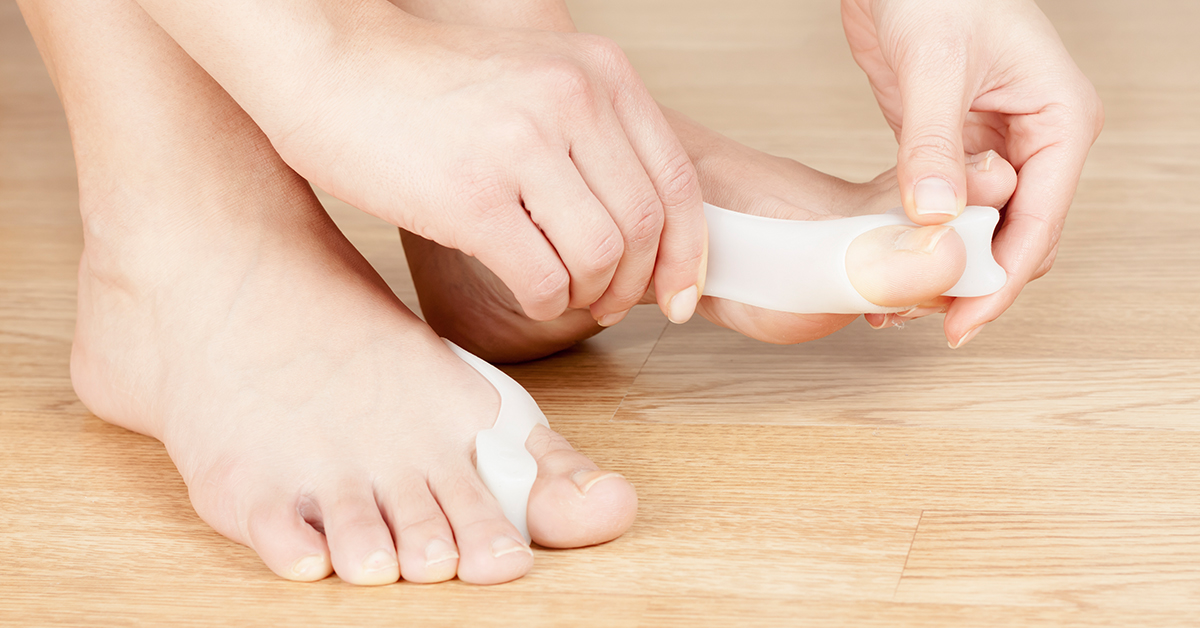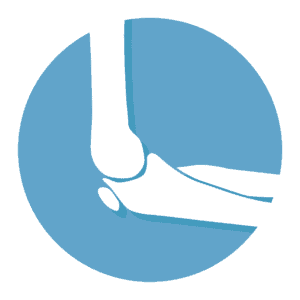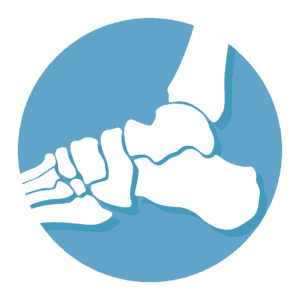
What is Bunionectomy with Distal Head Osteotomy?
Bunionectomy with Distal Head Osteotomy is a procedure used to correct a bunion, a large boney bump on the big toe joint on the inner side of the foot. This correction is achieved through the removal of a portion of bone from the big toe in a procedure called an osteotomy.
Who needs Bunionectomy with Distal Head Osteotomy?
On a foot with a bunion, the big toe angles toward the other toes, potentially even laying over or under the second toe. Bunions are a source of irritation, as they can be painful and inconvenient. If left untreated, they can become very severe and affect your mobility.
What are the steps in Bunionectomy with Distal Head Osteotomy?
Bunionectomy
An initial incision is made on the outer side of the big toe. Through this, the surgeon then removes the boney protrusion called the bunion with a surgical chisel or saw. If the bunionectomy is all that is needed to correct the bunion, the procedure would end here. If the deformity is more severe, the surgeon proceeds with the osteotomy.
Osteotomy
In order to reposition the big toe, the surgeon cuts the head of the metatarsal, the top of the first bone in the foot behind the big toe. The surgeon may also cut tendons that attach to the big toe. This is done to release the pull towards the other toes, allowing the big toe to be realigned to the correct position.
Realignment of the Big Toe
The surgeon then adjusts the the metatarsal and big toe to place them in a correct position.
End of the Procedure
After realignment is complete, the surgeon will stabilize the joint with surgical screws, pins, or sutures. The incision is then closed and bandages are applied.
After Surgery
After the procedure, you may be required to use a splint, special postoperative shoes, or a walking cast for a few weeks to ensure proper healing. Once the bones and soft tissues heal, your doctor will determine if you are ready to return to normal activities. This healing process usually takes six to eight weeks.








